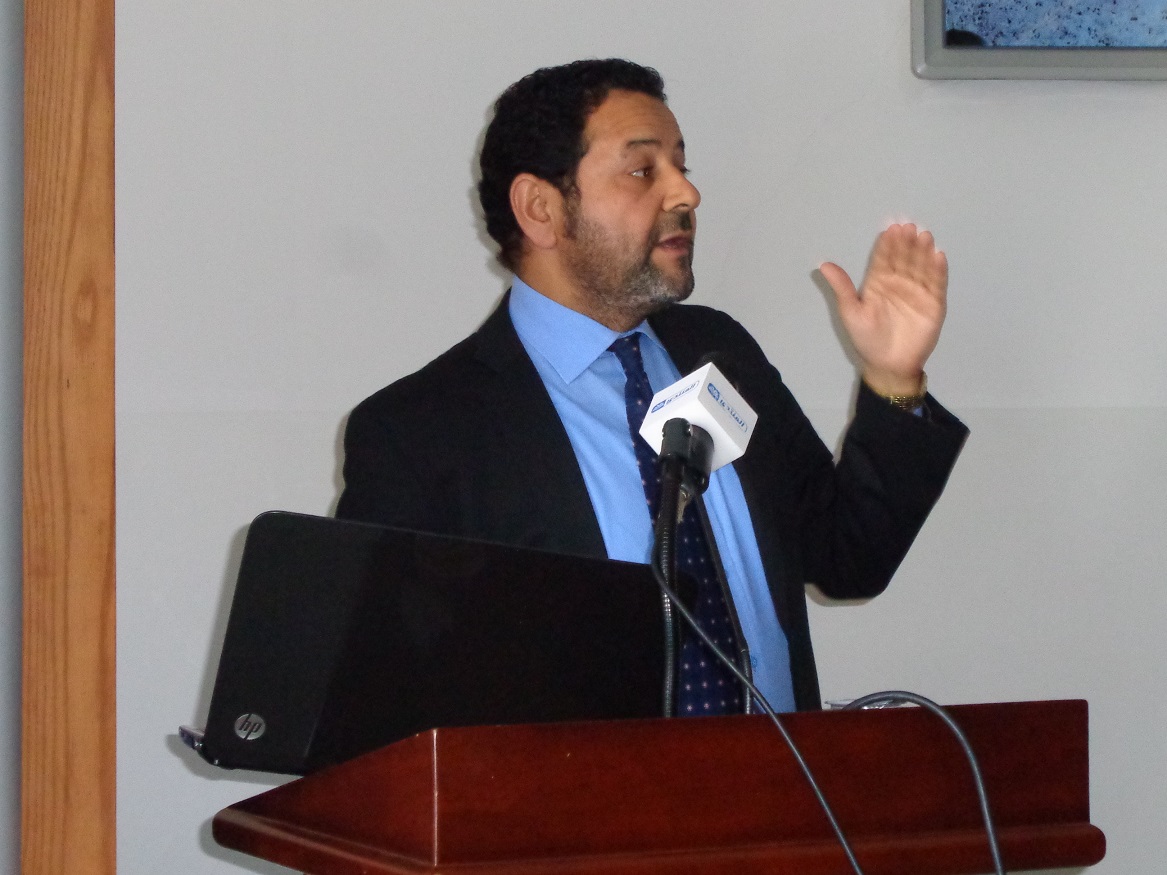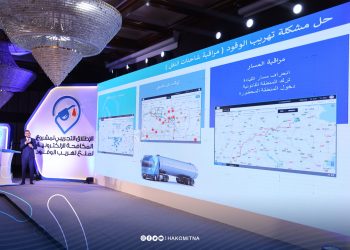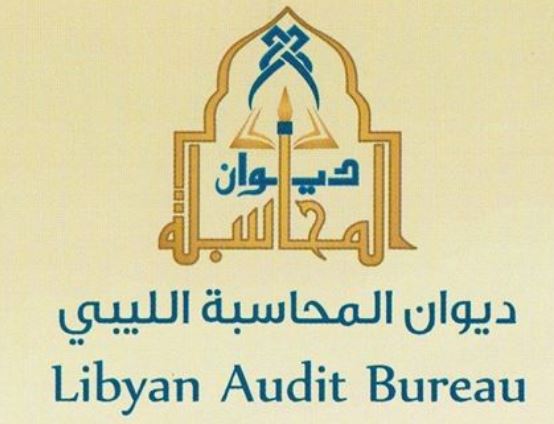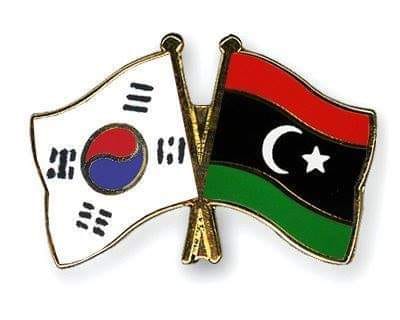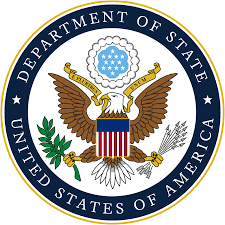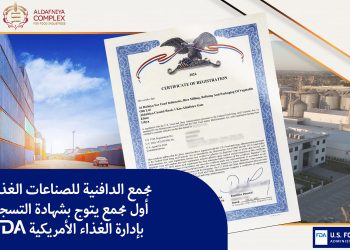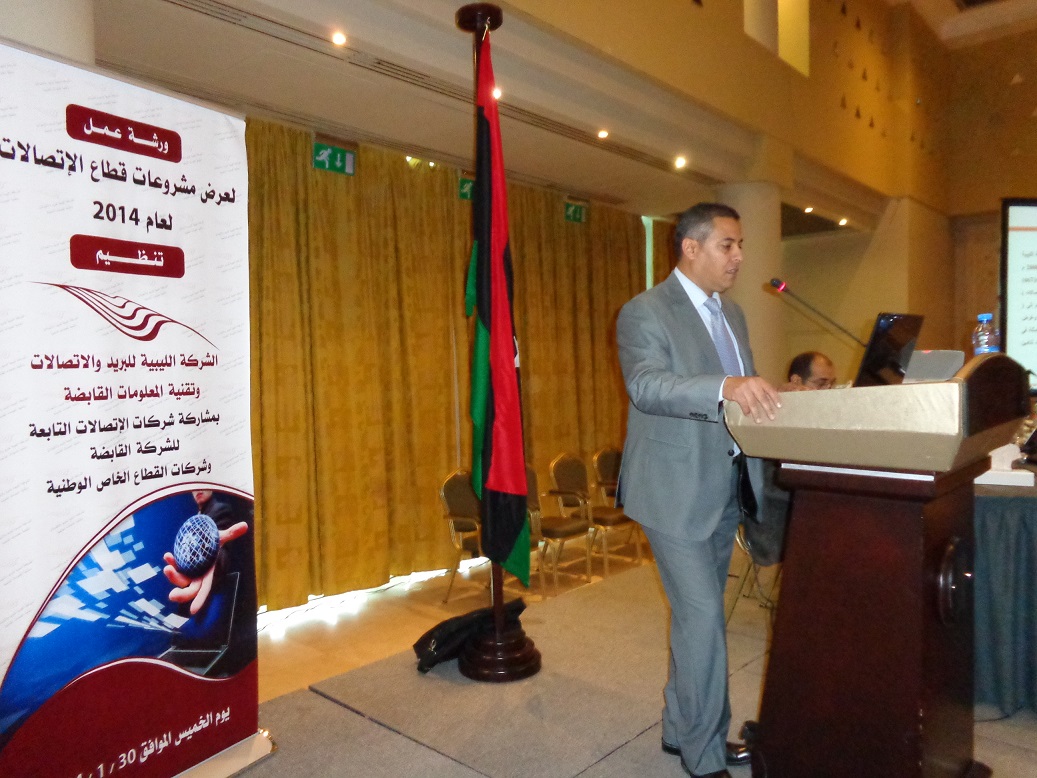By Sami Zaptia.
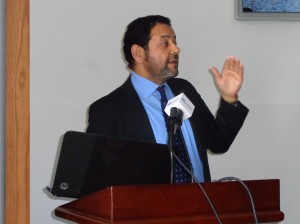
Tripoli, 31 January 2014:
The Ministry of Transport has invited the private sector to participation in establishing . . .[restrict]a public bus system.
Speaking at a seminar organised last Wednesday in Tripoli by the Tripoli Chamber of Commerce, Abdulrizag Al-Houd, Deputy Transport Minister for Roads and Land Transport made a presentation on a proposal for a private sector or a PPP nationwide public bus transport system.
The seminar on Libya’s land, air and maritime transport sectors was attended by the three Deputy Ministers for Land, Air and Maritime Transport, members of the Chambers of Commerce, the business community and specialists in the various transport sectors.
The aim of the seminar was to identify the barriers to the improvement of Libya’s transport sector and provide suggested solutions in line with the country’s target to diversify its economy away from the hydrocarbon sector and through the private sector.
During his presentation, Deputy Transport Minister Al-Houd said that it was very important that there is “an introduction of a public transport culture” that had been missing in Libya for decades. However he was stressed that public buses did run successfully in Libya even in the early 1970’s.
Al-Houd noted that in many other countries it was the private sector that invested in public transport, and therefore there was no reason why this could not be replicated in Libya.
The Minister said that his Ministry is proposing a pilot project of a public bus system in one of Libya’s cities. This proposal was based on an extensive study based on visits to numerous countries and bus factories in order to gather information.
Al-Houd noted that if Libya was indeed to host the 2017 African Cup, initiating a public bus system was an important target.
Answering comments from the participants, the Deputy Minister agreed that a good public bus system needed a good road system, however he felt that Libya could not wait for either to be fully developed first, but had to push ahead on all fronts simultaneously.
Participants highlighted the need for a total transport system which needed to start with master planning, which needed to cover all land, air and maritime transport, if Libya was to leverage its transport infrastructure in order to activate a diversified economy to augment its hydrocarbon sector.
In conclusion it was decided to create three specific committees; land, air and maritime transport committees to liaise with the Ministry of Transport on moving the sector forward.
[/restrict]


